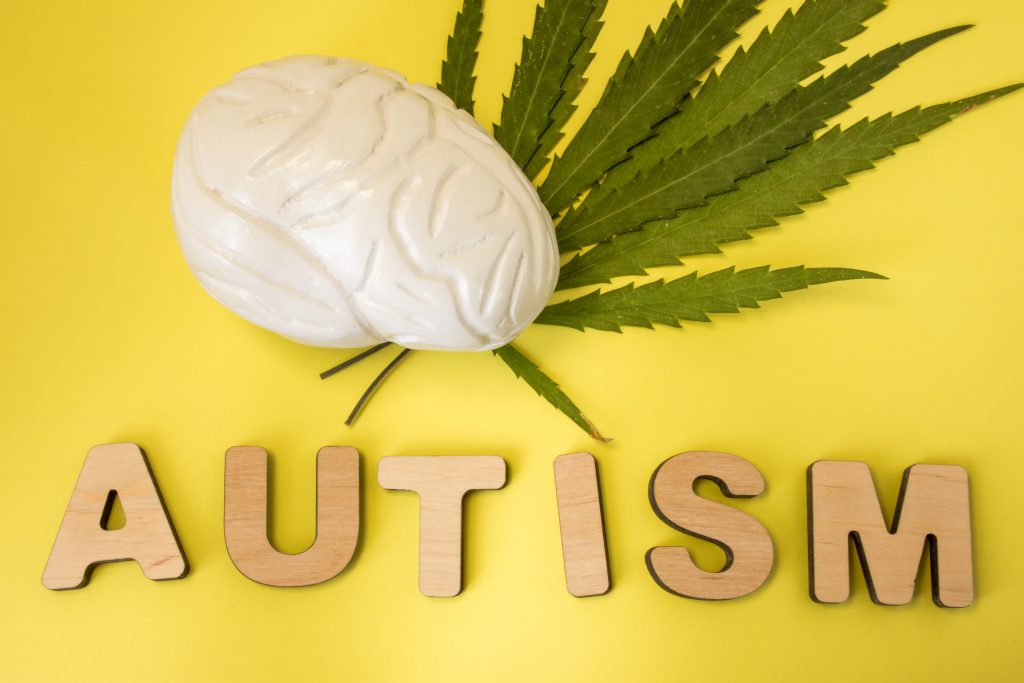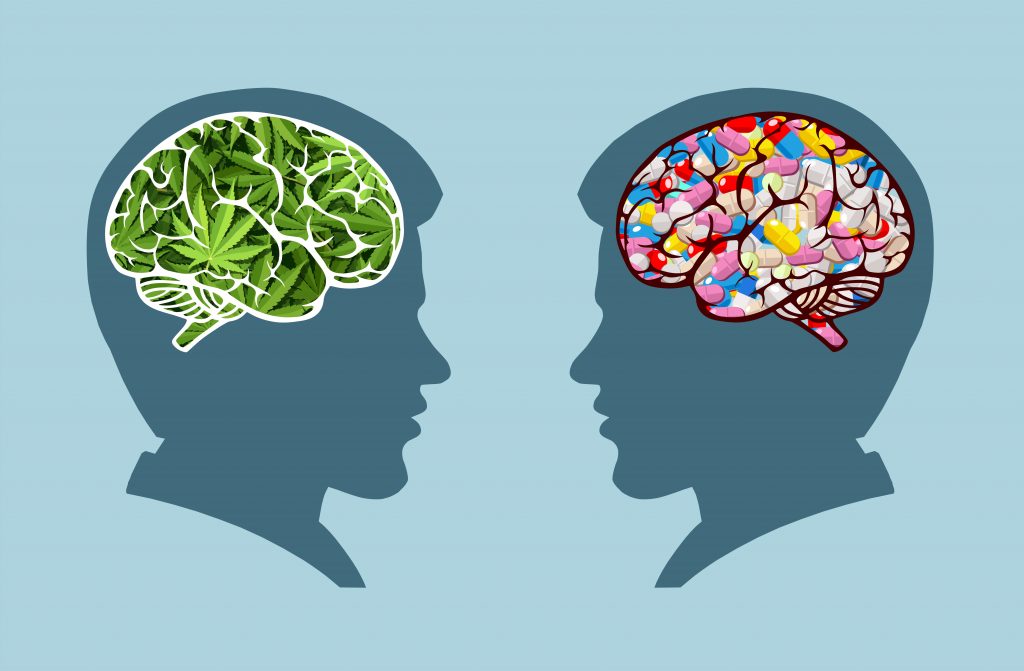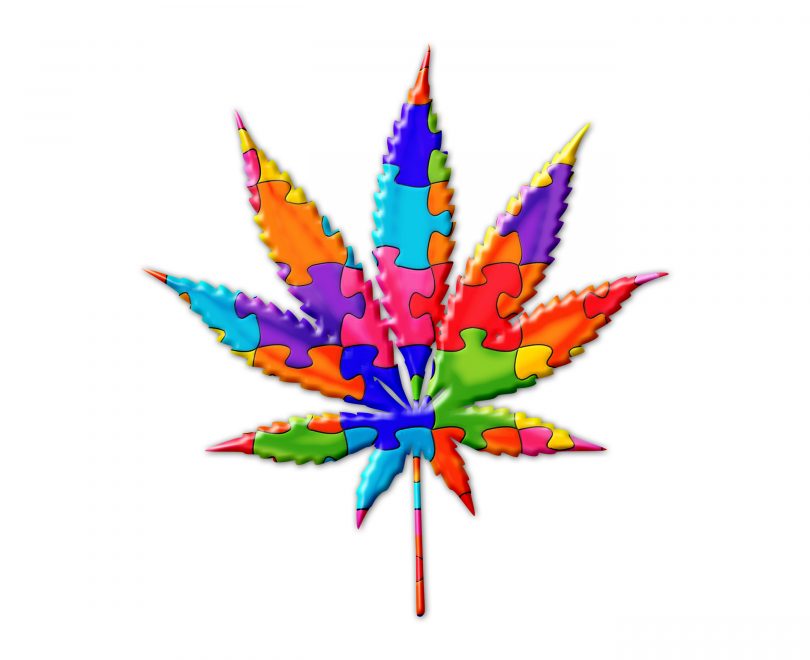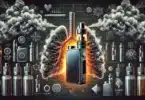Let’s be honest, regardless of why, the autism problem is growing. It used to be a few and far between phenomenon, and now, it seems that every other person is diagnosed with being on the spectrum. Though there is no answer for this problem yet in the medical world, the naturopathic world might be able to offer more. Different studies now point to cannabis as a possible new autism treatment.
If cannabis can be used for autism, that gives a new possible answer to this awful and growing problem. Cannabis can do all kinds of things, and so can specific cannabinoids like delta-8 THC, HHC, and THCV. With the new and expanding cannabinoids market, these compounds can be bought outside of dispensaries, and outside of regulation. We’ve got great deals for after-holiday shopping, so check ’em out, to start your new year out right. Remember to subscribe to The THC Weekly Newsletter all the latest news and industry stories, as well as exclusive deals on flowers, vapes, edibles, and other products. Also save big on Delta 8, Delta 9 THC, Delta-10 THC, THCO, THCV, THCP & HHC products by checking out our “Best-of” lists!
What is autism?
According to the site Austism Speaks, autism “refers to a broad range of conditions characterized by challenges with social skills, repetitive behaviors, speech and nonverbal communication… We know that there is not one autism but many subtypes, most influenced by a combination of genetic and environmental factors. Because autism is a spectrum disorder, each person with autism has a distinct set of strengths and challenges.”
It goes on to inform: “The ways in which people with autism learn, think and problem-solve can range from highly skilled to severely challenged. Some people with ASD may require significant support in their daily lives, while others may need less support and, in some cases, live entirely independently.”
How prevalent is autism these days? Well, according to the CDC via Autism Speaks, one in 44 children is diagnosed somewhere on the autistic spectrum, according to data collected in 2018. This is way more likely to effect males, with a rate of 1 in 27 for males, and one in 116 for females. 56% of autism sufferers are comorbid with mental retardation, or are at borderline intellectual capacity, while 44% have normal intelligence.

There is no cure for autism, and no medical definition, meaning there isn’t a test that can be taken to confirm autism is present. Instead, every diagnosis is a subjective diagnosis, entirely dependent on the opinion of the therapist, and for this reason, and differences in professional opinions, a person can receive different, and sometimes conflicting diagnoses for the same symptoms. In cases where diagnoses are 100% subjective, they are generally based on the individual therapist’s interpretation of different symptoms.
While there is no specific known cause for autism, genetics and environmental factors are often pointed to, as well as things like having a child later in life. Though a site like Autism Speaks is quick to write off the often mentioned idea that vaccines – by way of heavy metal administration, could be linked to autism, the myriad of lawsuits won against pharmaceutical companies (or which forced settlements), as well as government organizations like the National Vaccine Injury Compensation Program, certainly make a different, and compelling, argument.
Cannabis as an autism treatment
The list of possible uses for medical cannabis grows everyday, with plenty already pointing to it helping with different neurological disorders like MS, epilepsy, and Alzheimer’s. So its not that shocking that cannabis might also be useful as an autism treatment, at least in the way of helping ease symptoms. When looking into something like cannabis for treatment, the main questions are how good it works for symptoms, and how safe it is to use.
In an Israeli study published in January 2019 in the publication Nature, Real life Experience of Medical Cannabis Treatment in Autism: Analysis of Safety and Efficacy, the goal was to “characterize the epidemiology of ASD patients receiving medical cannabis treatment and to describe its safety and efficacy.” To do this the researchers analyzed data that was collected for the treatment of 188 autism patients between 2015-2017 using medical cannabis, generally at the levels of an oil with 30% CBD, and around 1.5% THC.
Results were obtained at the six months mark using structured questionnaires, and measured a symptoms inventory, patient global assessment, and side effects. After six months, 82.4% were actively being treated, 60% of which had been assessed. Of those, it was found that 30.1% (28 patients) reported significant improvements, 53.7% (50 patients) reported moderate improvement, 6.4% (six patients) reported slight improvement, and 8.6% (eight patients) saw no improvement at all. 25.2% (23 patients) did experience a side effect, mainly in the form of restlessness.
Bottom line to the researchers: “Cannabis in ASD patients appears to be well tolerated, safe and effective option to relieve symptoms associated with ASD.”

More research on cannabis as autism treatment
In 2021, this was published in Molecular Autism: Cannabinoid treatment for autism: a proof-of-concept randomized trial. For this, researchers tested a whole-plant cannabis extract with concentration of CBD to THC 20:1 (BOL-DP-O-01-W) against a purified CBD and Δ9-THC oil at the same ratio (BOL-DP-O-01). Both of these were also tested against a control group which was given a placebo. Participants were treated for 12 weeks with either a cannabinoid oil, or the placebo, followed by a four week washout, and turnover for another 12 weeks. What this means is that participants were tried on two different options, with a period of time in between to essentially cleanse the pallet.
Outcomes were measured for behavioral problems using the Home Situation Questionnaire-ASD (HSQ-ASD) and the Clinical Global Impression-Improvement scale with disruptive behavior anchor points (CGI-I). Also used were the Social Responsiveness Scale (SRS-2) and the Autism Parenting Stress Index (APSI).
The biggest difference was seen with disruptive behavior on the CGI-I, which showed 49% of cases were either much improved, or very much improved with the whole-plant extract vs 21% with placebo. HSQ-ASD scores and APSI scores did not differ between groups. In terms of median SRS Total Scores, there was an improvement of 14.9 points using whole-plant extract vs 3.6 points using the placebo, meaning an uptick in social abilities. The study showed no serious adverse reactions or events, and adverse reactions generally included nothing more than somnolence and decreased appetite, which existed in higher amounts in the treated groups than in the controls.
The study authors concluded: “This interventional study provides evidence that BOL-DP-O-01-W and BOL-DP-O-01, administrated for 3 months, are well tolerated. Evidence for efficacy of these interventions are mixed and insufficient. Further testing of cannabinoids in ASD is recommended.” At the very least, this shows the safety of cannabis as an autism treatment. And while not pulling in sufficient evidence for a final answer on overall efficacy, it certainly showed that improvement can be seen.
This research goes in line with previous studies that showed decreases in negative behaviors and increases in the ability to communicate. CBD has been more specifically used for trials, though whether THC may also be beneficial has not been flushed out as well.
My experience with autism
First things first, I have no experience with cannabis as an autism treatment, but I do have experience dealing with the autistic population. I graduated from college in the early 2000s with a degree in psychology, which led to several years of working in behavioral heath, the majority of which was spent with autistic children. I even worked inhouse in an in-patient program for kids with behaviors too extreme to stay at home.

Populations like I dealt with are not about dealing with the entirety of the spectrum, but with the most profound, and uncontrolled cases, usually including kids with extreme and violent behavioral issues. This was not about the awkward guy in class who might or might not have Asperger’s, or your semi-creepy uncle who everyone says is ‘on the spectrum’. These were the inarguable cases, the most extreme ones. Children hitting their heads against walls, biting their own arms, or yours, talking to themselves in gibberish language with no ability to understand what is spoken to them.
Autism is no joke. Because in the end, its not about an awkward guy in class or a creepy uncle who lacks social skills. It’s about an entire population of people who can’t connect the dots inside, often leading to a complete inability to communicate, and a requirement for help with all basic functions. It deals with uncontrolled behaviors, including self-injury behaviors, and a general and nearly complete lack of self-awareness. I never saw any kind of improvement while working in this population. Just medication after medication that did nothing at all.
While I can’t personally speak to the benefits of cannabis as an autism treatment, I will say, this population needs help, and is one that can’t speak for itself. If an answer like cannabis exists that can help with symptoms, while not causing bad adverse reactions… I’d say this is one of the most positive things to come out of dealing with what is a vastly growing, and rather scary problem. It might not get as much attention as other disorders, but realistically, think about what happens if too much of the population starts having this issue? The people I worked with will never have regular autonomy over their own lives. And a growing population of people needing help with all basic functions, spells general disaster for the population at large.
Conclusion
Considering all the ways cannabis seems to be beneficial for the nervous system, it’s not that shocking that it would be looked at as an autism treatment. Perhaps we might not be able to agree on what causes the disorder, but at least we might be able to find a safer, more effective way, of treating these symptoms.
Hello and welcome readers! Thanks for joining us at CBDtesters.co, your best web source for the most recent and groundbreaking cannabis and psychedelics-related news going on around the globe. Read-thru the site daily to stay on-top of the ever-expanding world of legal drugs and industrial hemp, and make your way to the The THC Weekly Newsletter, to ensure you never miss a single thing.
Disclaimer: Hi, I’m a researcher and writer. I’m not a doctor, lawyer, or businessperson. All information in my articles is sourced and referenced, and all opinions stated are mine. I am not giving anyone advise, and though I am more than happy to discuss topics, should someone have a further question or concern, they should seek guidance from a relevant professional.







